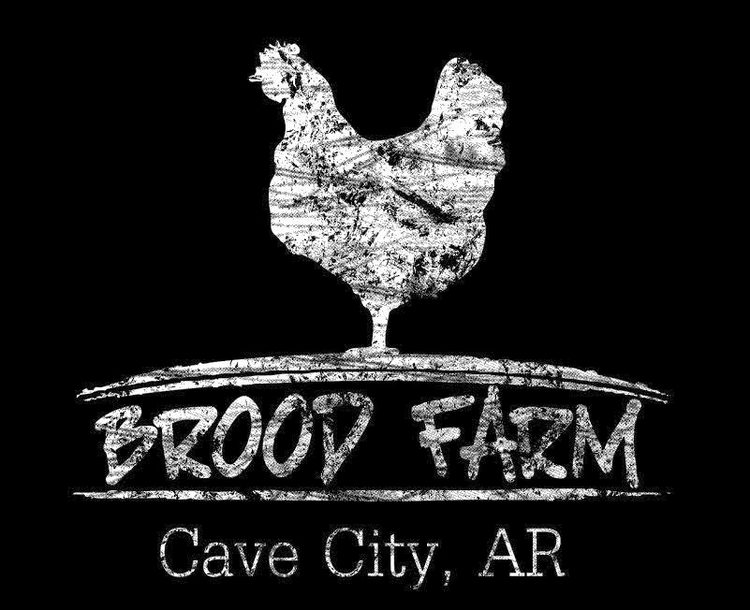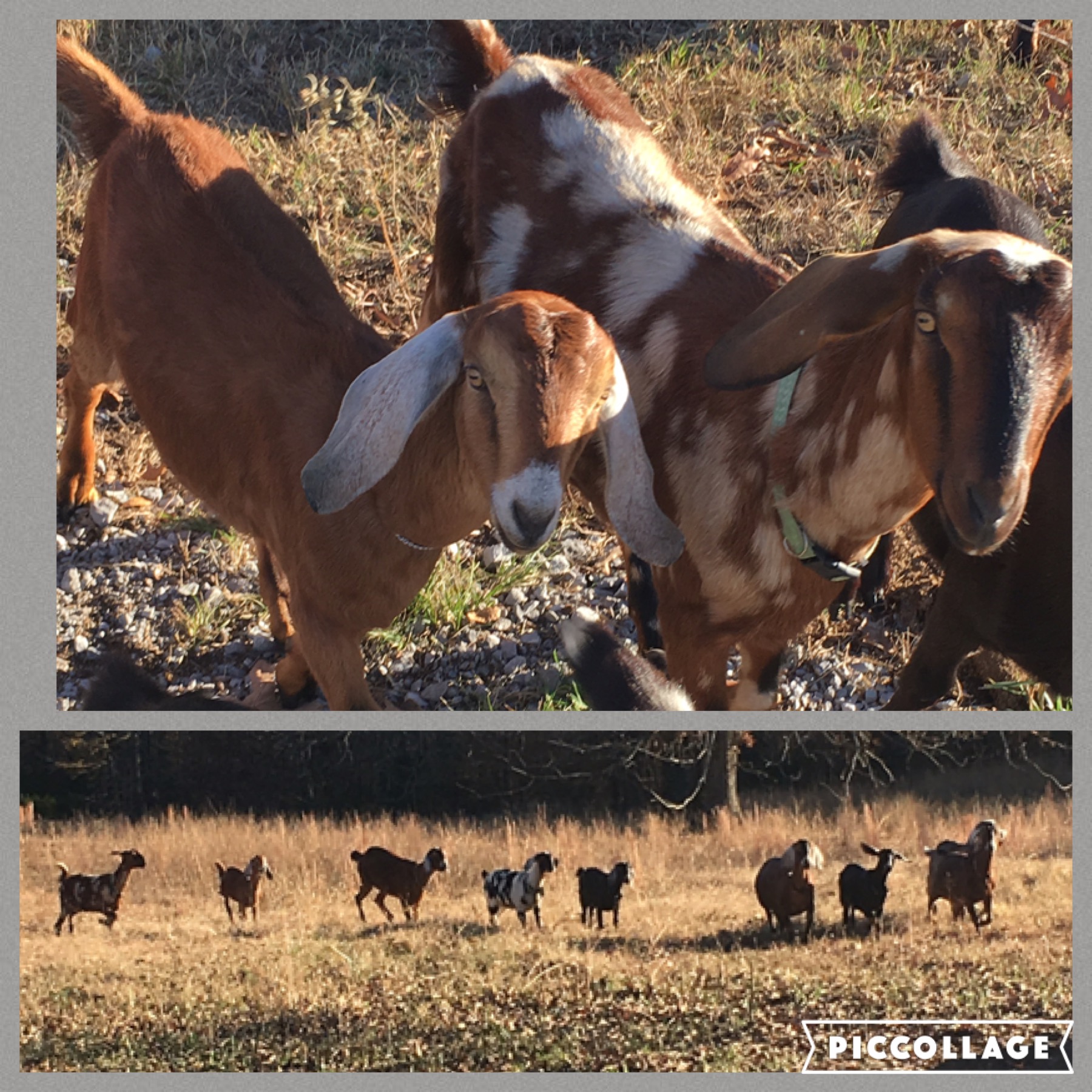"We read to know we are not alone." The quote is credited to several different folks, so while I cannot tell you with certainty who originally said it, I can tell you with certainty how quite true it is. Perhaps that is why I am so drawn to the "farmoir" genre now experiencing a surge in popularity. These true tales of folks finding themselves in the dirt speak to my soul. I've managed to amass quite a collection of these types of books. Here, are some of my underlined sections from a recent read: Kristen Kimball's The Dirty Life . . .
"I've learned many things in the years since my life took this wild turn toward the dirt. I can shoot a gun, dispatch a chicken, dodge a charging bull, and ride out a runaway behind panicked horses. But one lesson came harder than any of those: As much as you transform the land by farming, farming transforms you. It seeps into your skin along with the dirt that abides permanently in the creases of your thickened hands, the beds of your nails. It asks so much of your body that if you're not careful it can wreck you as surely as any vice by the time you're fifty, when you wake up and find yourself with ruined knees and dysfunctional shoulders, deaf from the constant clank and rattle of your machinery, and broke to boot. But farming takes root in you and crowds out other endeavors, makes them seem paltry. Your acres become a world. And maybe you realize that it is beyond those acres or in your distant past, back in the realm of TiVo and cubicles, of take-out food and central heat and air, in that country where discomfort has nearly disappeared, that you were deprived. Deprived of the pleasure of desire, of effort and difficulty and meaningful accomplishment. A farm asks, and if you don't give enough, the primordial forces of death and wildness will overrun you. So naturally you give, and then you give some more, and then you give to the point of breaking, and then and only then it gives back, so bountifully it overfills not only your root cellar but also that parched and weedy little patch we call the soul."
This winter, the fully weaned baby goats are enjoying running with the big girls in the big field.
"A farm is a manipulative creature. There is no such thing as finished. Work comes in a stream and has no end. There are only the things that must be done now and things that can be done later. The threat the farm has got on you, the one that keeps you running from can until can't, is this: do it now, or some living thing will wilt or suffer or die. It's blackmail, really."
The chicken wagon has been winterized with its tarps to block the wind. Super classy looking, huh?
"It's never the way you think it'll be, Mark used to tell me. Not as perfect as you hope or as scary as you fear. A man we know bought up a big piece of good land nearby, a second home, and once, at a dinner, I heard him say, 'In my retirement, I just want to be a simple farmer. I want . . . tranquility.' What you really want is a garden, I thought to myself. A very, very small one. In my experience, tranquil and simple are two things farming is not. Nor is it lucrative, stable, safe, or easy. Sometimes the work is enough to make you weep. But most days I wake up grateful that I found it -- tripped over it, really -- and that I'm married to someone who feels the same way."
Free Bird continues to roam and has discovered the farmhouse porch. She has taught the cats to leave her alone and has the run of the entire farm.
"This was not what I had pictured, when I had yearned, from my East Village apartment, for home. If I could have glimpsed it, I'm pretty sure it would have frightened me off, which is a good enough reason to be thankful for the veil of time.
December 17, Sunny celebrated her 11th birthday. She celebrated with party hats and presents in the company of all the folks who love her most. Oh, and, she is now an inside dog. Not just sometimes. Not just in the cold. Always. As Esther would say, "Don't judge!"
"And this is the place where I'm supposed to tell you what I've learned. Here's the best I can do: a bowl of beans, rest for tired bones. These things are reasonable roots for a life, not just its window dressing. They have comforted our species for all time, and for happiness' sake, they should not slip beneath our notice. Cook things, eat them with other people. If you can tire your own bones while growing the beans, so much the better for you."
If this is the first time you are seeing any of these photos, then you are not following us on social media! Search for Brood Farm on Instagram, Facebook, and Twitter for more Brood Farm pics and happenings.




